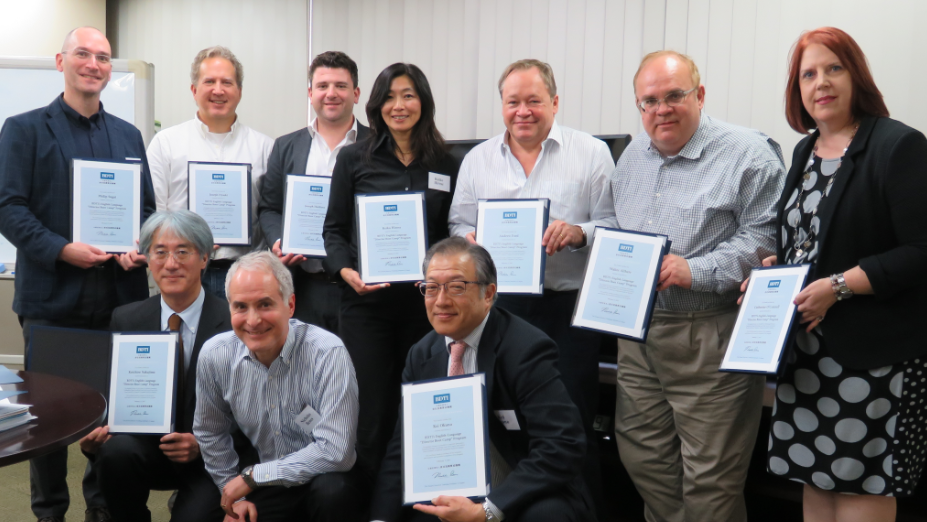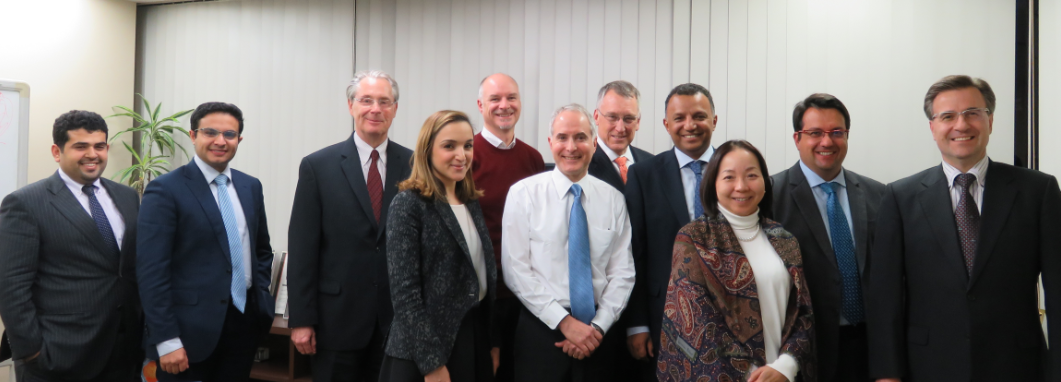Here is an article I wrote in 2001, about the topic in the title. It makes interesting reading some 15 years later. While I may have made correct call… obviously I was a bit too early! It has taken a lot more work, by many persons, for Japan to move as far as it has come in the past years…and the job is not done yet.
“Last month, the Life Insurance Association of Japan published a survey of 561 public companies and 122 institutional investors, focusing on corporate governance and investor relations practices. The results exploded some myths regarding the supposed lack of support for modern corporate governance concepts among institutional shareholders in Japan. Japanese investors are in effect saying: “We want transparency and clear accountability, independent outside directors on boards, and independent board committees.”
The very fact that the survey addressed these topics is a breath of fresh air. Japan’s institutional investor community is weighing in on the emerging debate over corporate governance. It is none too late. Although they should be the most directly motivated constituency, institutional shareholders had been conspicuously quiet. Like most of Japan’s institutional investors, insurance companies have feared a backlash if they took a stance opposed by certain senior executives and politicians. They feared imperiling governmental assistance with industry cleanup, as well as losing insurance and pension business from companies in which they hold stock.
Logic and hard realities are finally coming to the fore. And the investor community will become more vocal as competition heats up in the fund management industry. Investment advisor companies, known as (toshi komon ), compete on the basis of investment returns and prudent decision-making, and do not have other businesses that might fear adverse repercussions.



